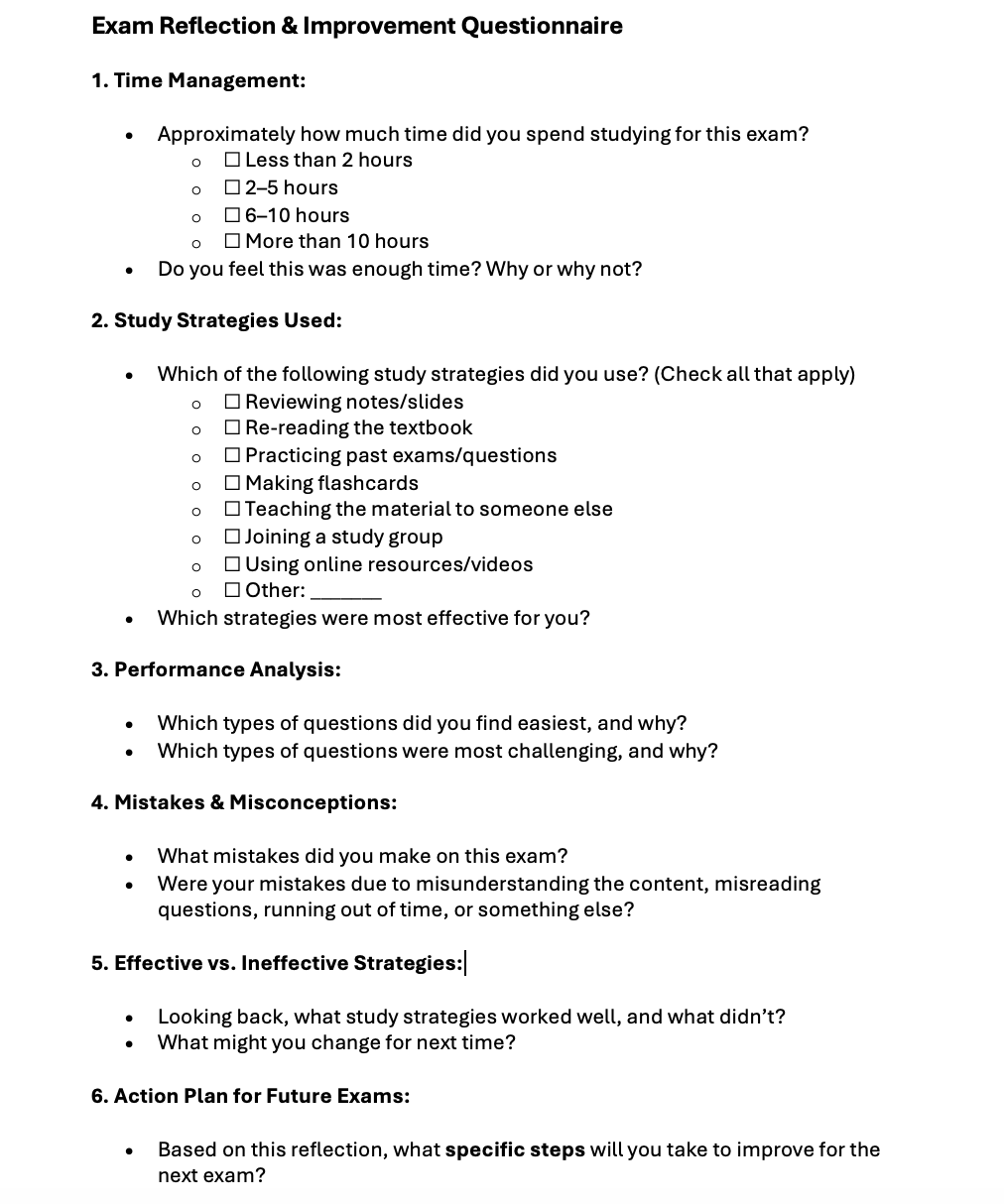Year after the year, the same pressures attend exam revision. Each year teachers try the old favourites, alongside a few new revision strategies to keep our students interested. Happily, we now have a wealth of evidence to support some revision strategies over others as we approach the revision stretch
We know that students are not the most reliable when it comes to judging their own learning, with regular self-testing and retrieval proving the most effective antidote. We also know that some strategies, like re-reading and using highlighters, are largely ineffective, whereas as quizzing more typically does the trick.
We also know that a little deliberate difficulty may well prove a good thing for revision, and that cramming is inferior to spaced practice (or intentionally spreading revision out over time), when it comes to remembering.
As a result of this complexity, we should be careful not outsource an approach to revision to a company promoting the following strategies, or to puff up the confidence of our students. A successful approach to revision needs to be deeply rooted in subject knowledge, and sustained over time, so subject teachers need to explicitly teach the strategy, model it, and offer guided practice before we expect our students to use them effectively.
- Quizzing. Good old-fashioned quizzing is an ideal vehicle to get students self-testing, which is proven to be a robust revision strategy, so that students can calibrate their knowledge and remembering. There are various types of quizzes, of course, such as short answer quizzing, multiple choice quizzes (MCQs) – see this handy guide for devising MCQs – or a hybrid of the two, with different question types suiting different purposes. Crucially, students need guidance for which type of quizzes and when. They need to know the trade-off for creating their own quizzes (‘make and take’) or using online quiz platforms.
- Flashcards. Flashcards are a very familiar tool used by students. Crucially, however, too many students fail to use them for effective self-testing. Clearly, we need to train students to design, or find, effective revision flashcards, before then training them in their use. Students should also beware dropping flashcards they think they know.
- Graphic organisers. Students need to be active in revision, not just reading their notes and doing some colouring in with a rainbow of highlighters. Graphic organisers are a handy vehicle to get students reconstructing their revision topics, making meaningful links and connections (in cognitive science, this is labelled the generation effect). For example, Venn diagrams can help organise balanced arguments, whereas concept maps can organise related facts in geography.
- Cornell note-taking. Another strategy that utilises the generation effect is the well-known note-taking approach: Cornell method. Named after the US university, this strategy gets students thinking metacognitively, asking questions, noting key terms, and summarising the content being revised.
- Exam wrappers. This helpful feedback strategy, labelled exam wrappers because they wrap around information on how the student has revised, offers important information for the teacher to help diagnose how effective, or extensive (or not), revision has proven. Also, it can prove a good way to help puncture student over-confidence in their revision. See these online examples HERE and generate them on ChatGPT in a matter of seconds.

- ‘Just a minute’. A long-time favourite strategy of mine, ‘Just a Minute’ takes the classic radio game and adapts it to almost any topic, text, or examination revision term. Put simply, students have to talk for a minute on the given term/topic – no pauses, no hesitations. Slips or repetitions or micro pauses lose a ‘life’ and three strikes and you’re out. This strategy harnesses the self-explanation effect. In short, if you can elaborate on a topic and explain it well, you have retrieved it from memory – a good revision act – as well as likely consolidating it too.
- ‘Prepare to teach’. Similar to ‘Just a Minute’, the ‘Prepare to teach’ strategy involves the common idea of getting students to teach a peer a topic/term from their revision. Once more, it gets students to elaborate on their knowledge. Even expecting to teach appears to have a positive impact on students learning material, so this seemingly inconsequential tweak can have very beneficial effects.
- ‘Select, elect’. Another revision strategy that gets students thinking hard about their revision is ‘Select, Elect’. In simple terms, you get students to ‘select’ the most salient facts, ideas, concepts, or terms, from a given revision topic, before then asking them to ‘elect’ what they deem the most significant knowledge or idea/concept that they need to understand for their examination. This gets students actively engaging with their revision material, whilst being metacognitive about what is the most salient information they need to remember.
- Topic ranking. Remember that students are often not the best judge of their own revision and how effective it may or not be. By getting students to rank their own knowledge of their topics being revised, they deploy the important metacognitive strategy of evaluating their learning. Though they will likely be inaccurate – indeed over-optimistic in their judgments of their knowledge and learning – it still helps students better calibrate their revision and monitor their ongoing progress.
- Past questions. Ok, so no rewards here for originality: students need to practice examination questions, over and over, well-spaced over time. The effect of exploring ‘worked examples’ or exam answers, as well as writing their own, helps students process, practice and refine their revision to meet the parameters of exam success.
Why is revision a struggle? Why does learning fail? How can we fix them both? My latest book 'Why Learning Fails (And What To Do About It)' tackles those questions and offers practical solutions. GET THE BOOK HERE.






Comments